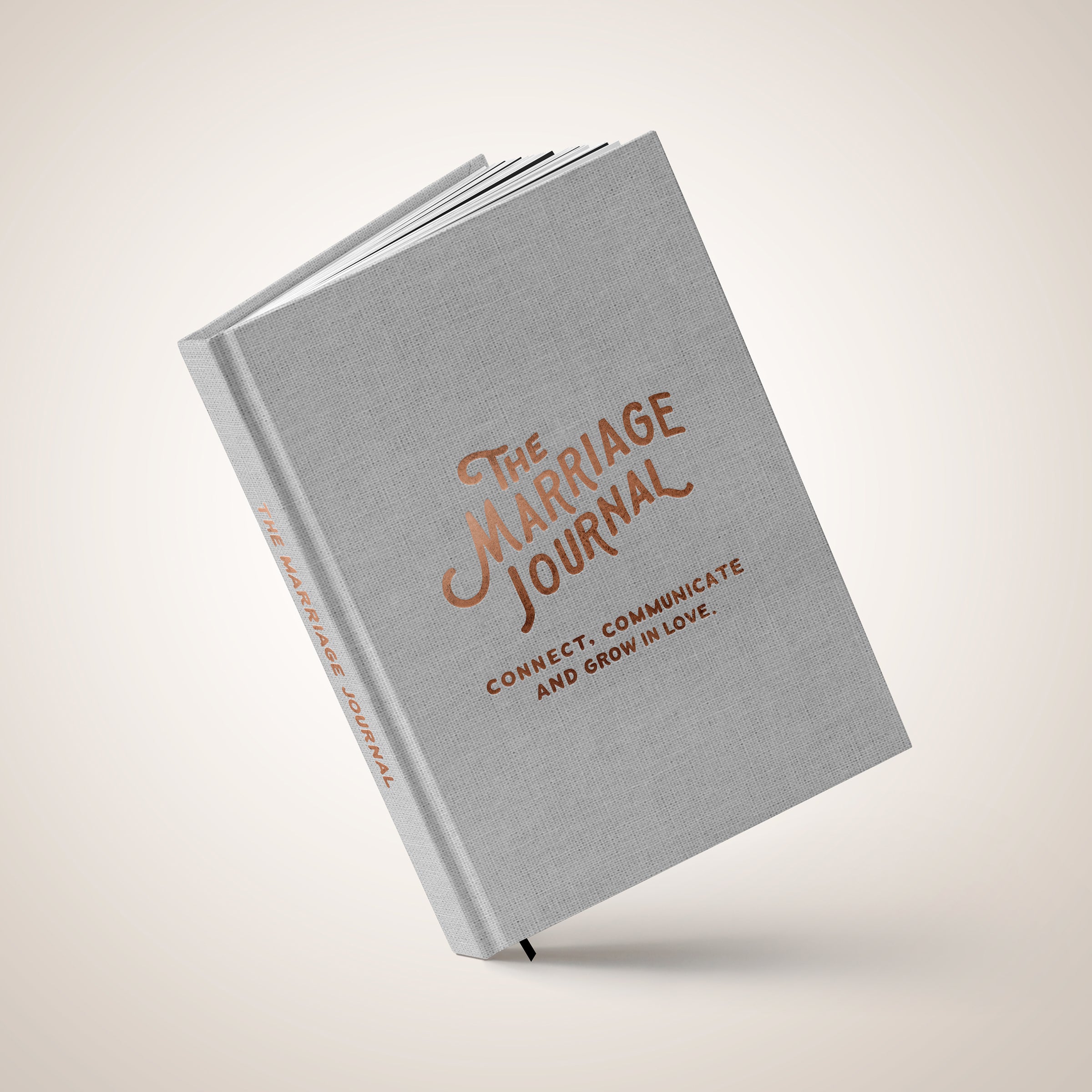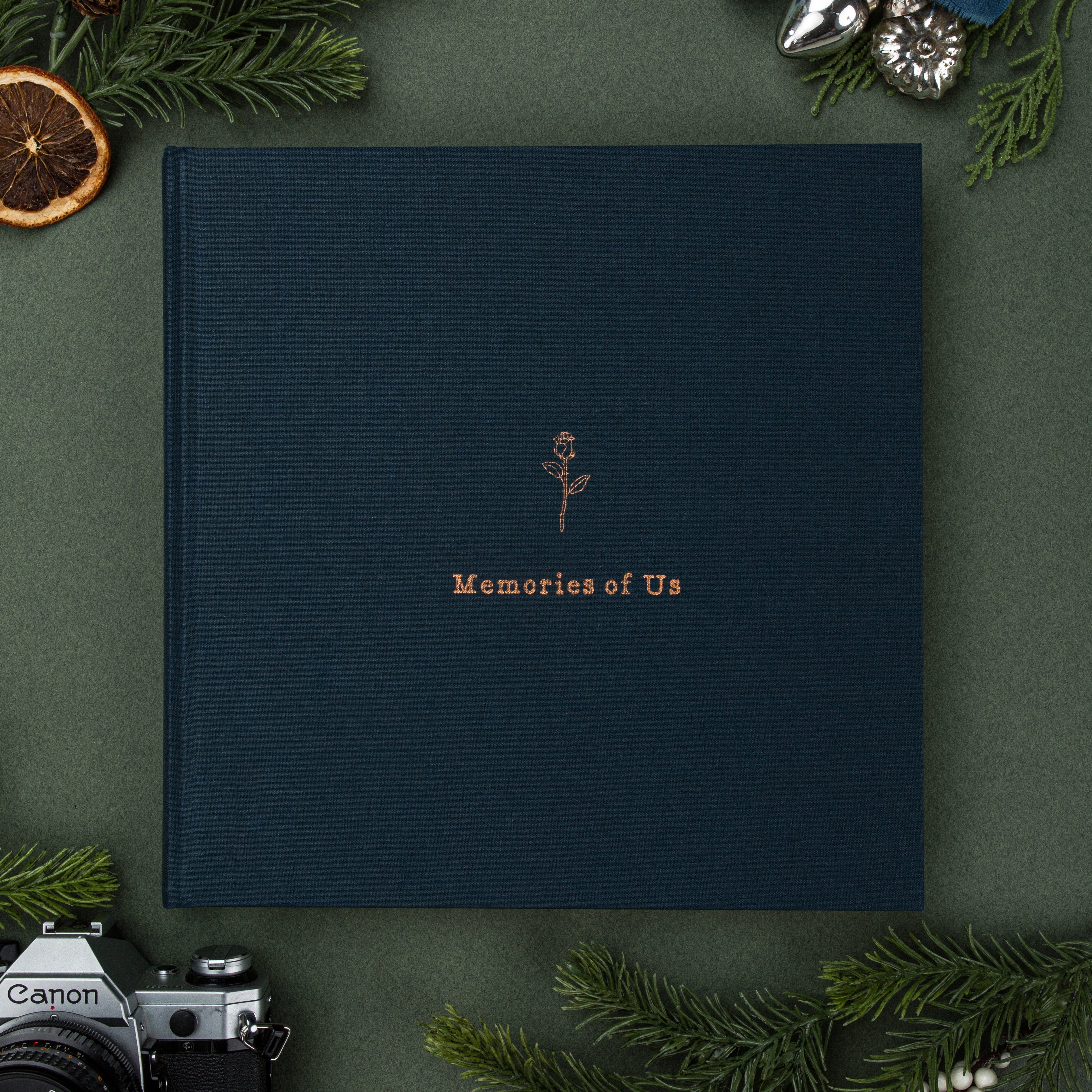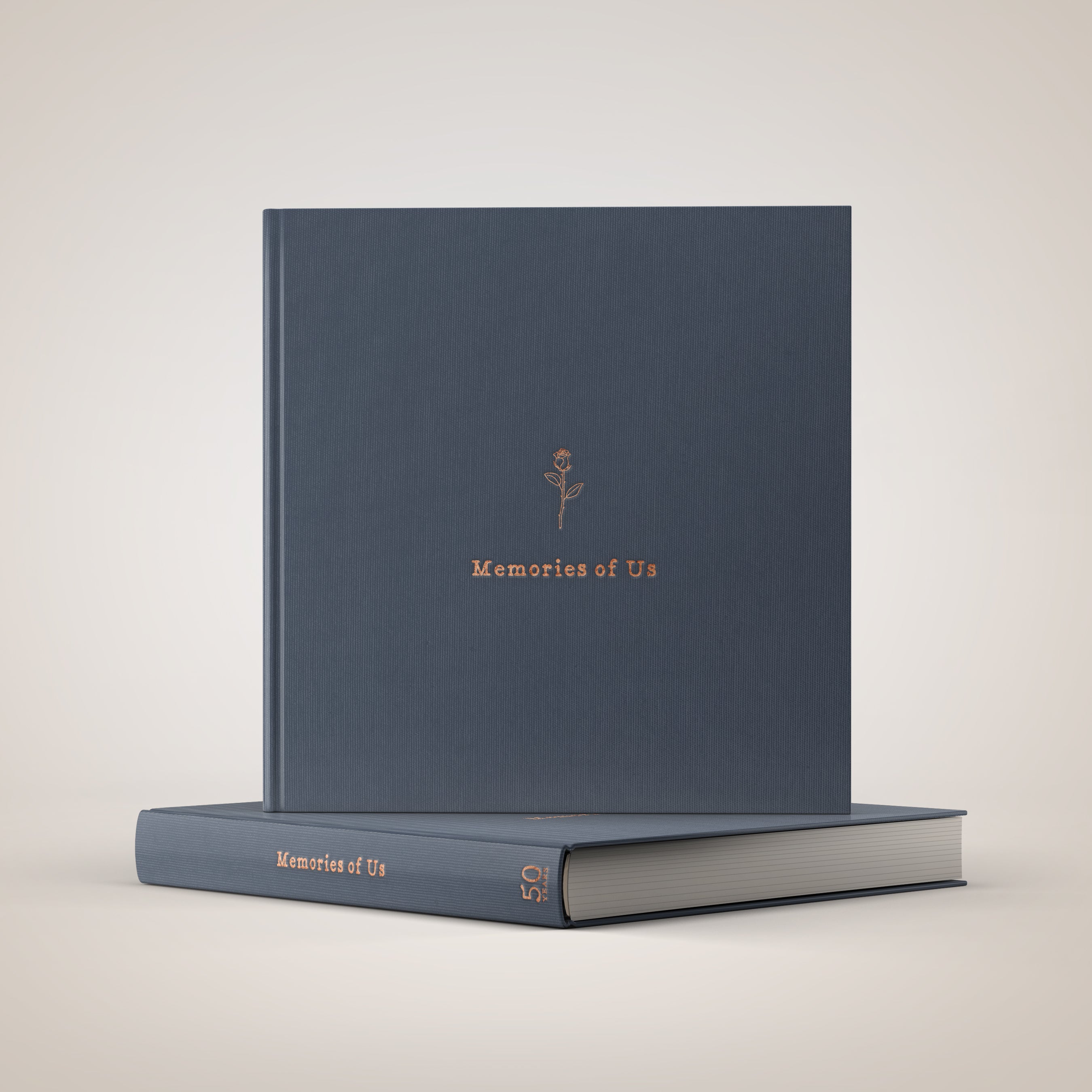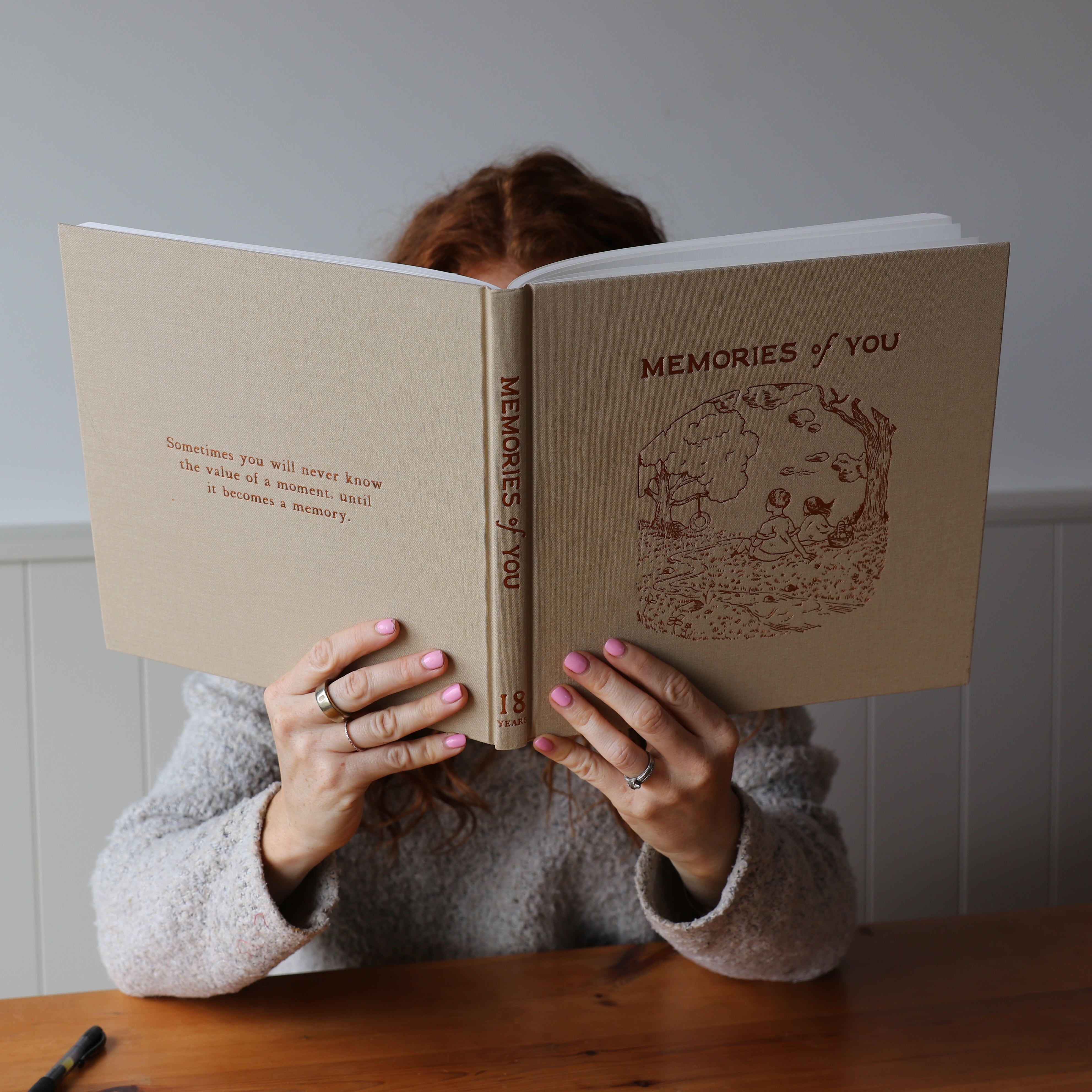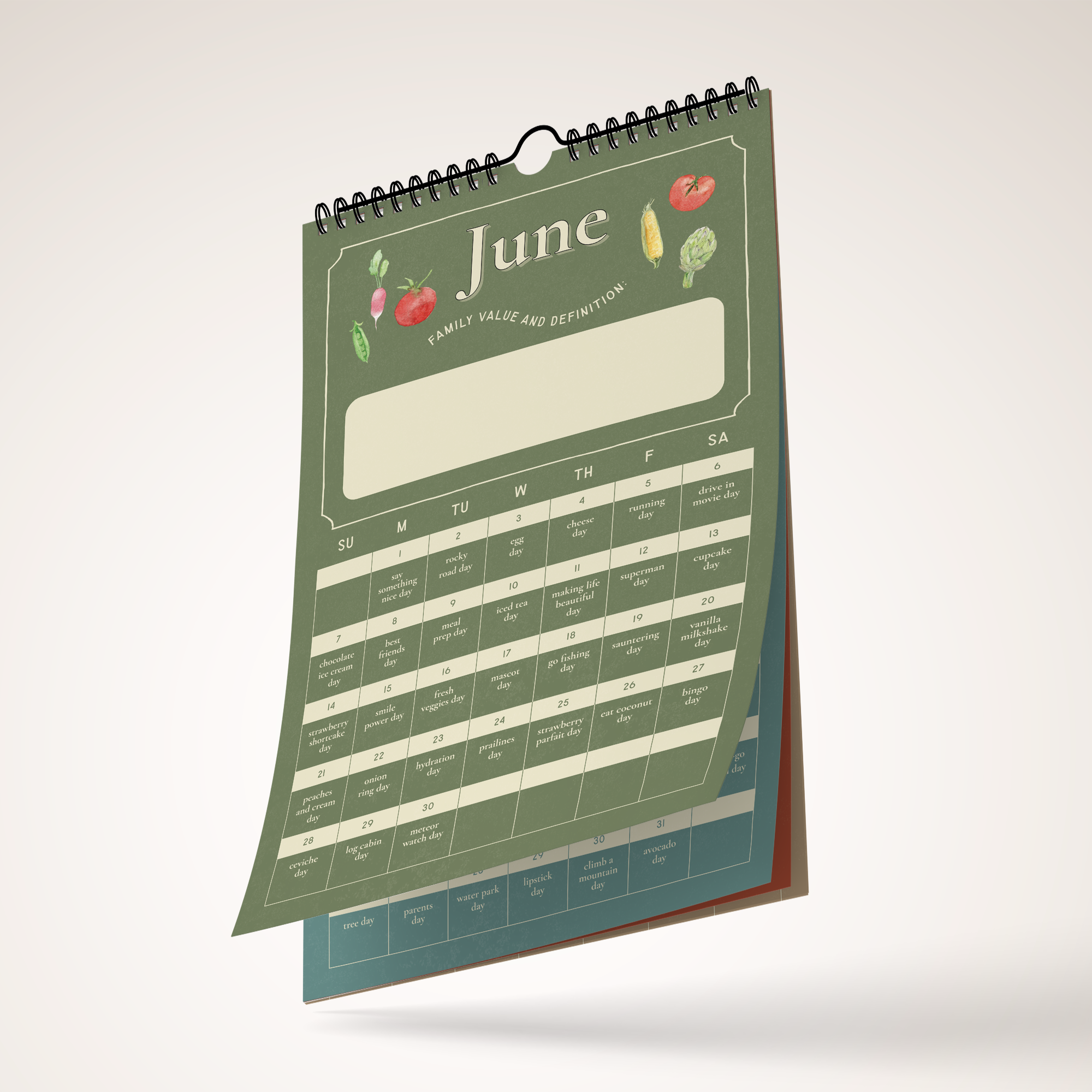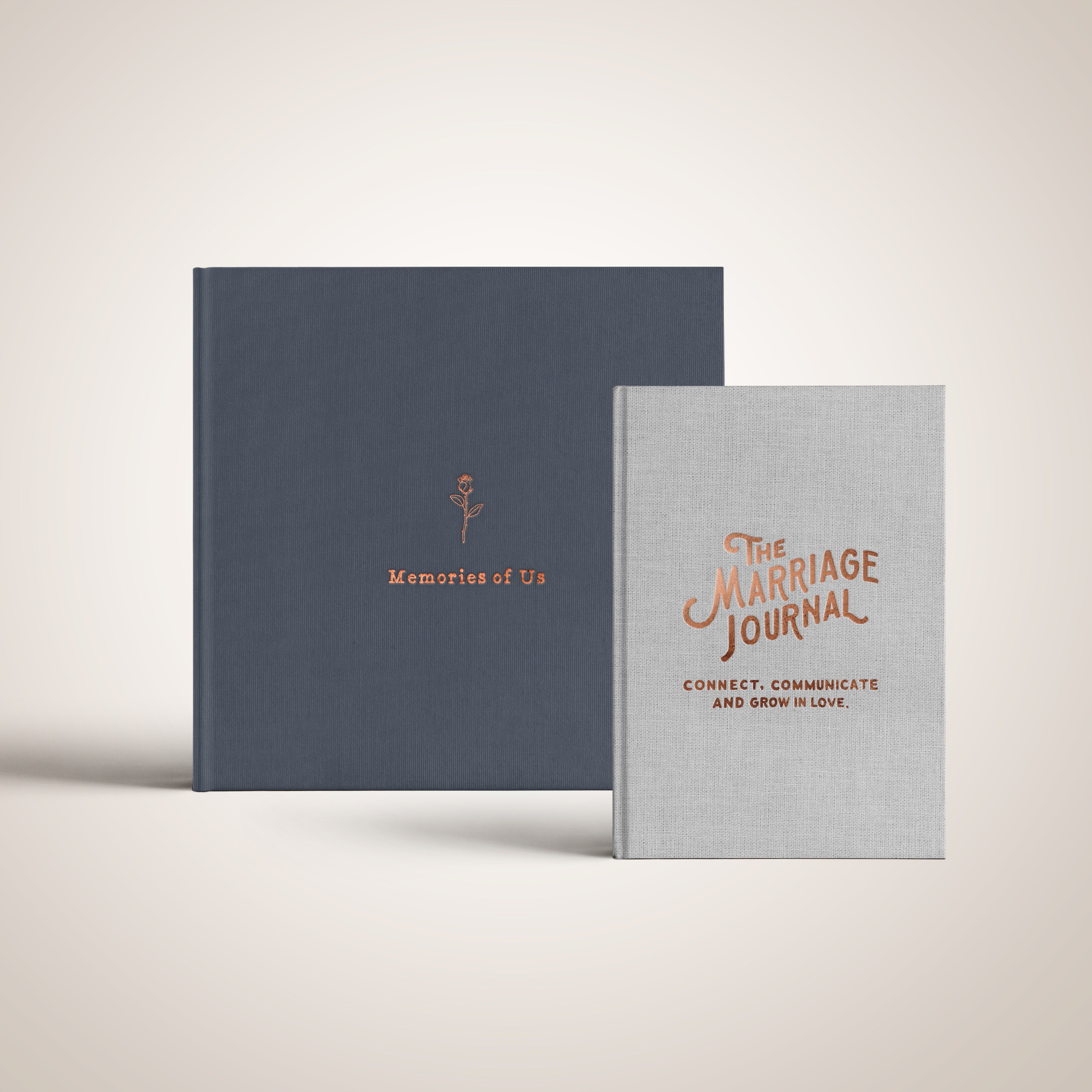
Ep 60: The Ruthless Elimination Of Hurry with John Mark Comer
We’ve been exploring the theme of rest, living an unhurried life, and rhythms over the last few episodes. So, we are very excited and honored to have John Mark Comer with us to discuss his perspective on this conversation.
We actually met at his church, Bridgetown Church in Portland - so we have a special place in our heart for John Mark and his church. We had John Mark on the podcast (episode 27) where he shared about marriage. But this time, we will be focusing on something completely different! Get ready because his way of teaching is incredible. He is so gifted in how he explains and delivers content and truth. This is such a timely episode, so let’s get straight into it!
Here are all the things we mentioned in this episode:
- Our book, A Love Letter Life
- Our marriage Journal, The Marriage Journal
- John Mark’s book, The Ruthless Elimination of Hurry
- Soul Keeping, by John Ortberg
- Tech-Wise Family by Andy Crouch
- How God Changes Your Brain by Andrew Newberg
Follow us on Instagram:
Follow John Mark Comer
Reviews are everything on iTunes and we would love to hear what you are loving from our podcast! Would you take a minute and click HERE to leave a review?
If you have any questions, comments or stories about this episode or the podcast in general, send us an email at podcast@theroloffs.com or connect with us over on the podcast Instagram.
JUST A QUICK NOTE, THIS POST MAY CONTAIN AFFILIATE LINKS.
John’s New Book- The Ruthless Elimination of Hurry
Long story short, I have been deeply shaped by the writings and teachings of Dallas Willard. His way of thinking about life in the kingdom of God with Jesus - as an apprentice/disciple of Jesus has significantly impacted my beliefs.
Unfortunately, I was never able to meet him. But I have met with John Ortberg, a man who was mentored by Dallas for 20 years (so crazy!) A couple of times a year, I have lunch with John and just take notes on everything he has to say.
While meeting, John told me this story:
I (John) was working at a megachurch, getting sucked into the speed of life that you have while working for a larger organization. I called up Dallas Willard and asked him, “What do I need to do?” Willard took a long silence, and then said, “You must ruthlessly eliminate hurry from your life.” That’s all he said. I then asked, “What else?” Willard said, “Hurry is the great enemy of spiritual life in our day. You must ruthlessly eliminate hurry from your life.”
This Moment
This story and moment were pivotal for me. At first, my mind thought "that’s ridiculous!" But then I felt something resonate deep in my soul. I hit me with reality and truth, overwhelmed and anxious but didn't know why or what was wrong.
Sometime later, it all came together: I was living a hurried life.
Naming What is Wrong / Diagnosing
It is easier to live with a life-threatening illness than it is to live with ambiguity. When we put a name to the symptoms in our lives, we know what is wrong, and then we can create new possibilities for healing and a way out.
This was my diagnosis-moment. By the external metrics, I was doing great. But by internal metrics (the things that really matter) I was asking myself, "am I becoming a person of love? More joyful, less anxious?" And the answer was no, no, no.
What Changes did you Make When you Realized the Problem?
There’s a very confronting verse that is always in the back of my head that says- "What will it profit a person to gain the whole world but lose their soul?"
I had a moment of "Who am I becoming? What am I about? What do I actually want to do?” This was my point of change. There's a saying the business community uses, that says "your system is perfectly designed to give you the results that you are getting."
Your system is giving you results. If you want different results, you have to change the system.
Christianity
If you read the Book of Acts, long before they were called The Church, they were called The Way or Followers of the Way. In this little semantic shift, from followers of the way to the church and now to Christians, we have lost the idea that the way of Jesus is exactly what it sounds like. It is a way of life or a lifestyle. Christianity is language never used by Jesus or writers in the Testament. Christianity is religion.
The Difference
If you create a vision of what it means to be a Christian - what that means is you ascribe to the religion of Christianity - you have beliefs about who God is and the Bible. And even have an ethical vision of what is right and wrong based on the Bible. But you don't actually have a rubric for a way of life or a lifestyle based entirely off of Jesus himself.
Or, you can view your entire life as an apprentice or a follower of Jesus, attempt to copy the details of Jesus' day-to-day, and try your best to become a full person like He was - a person of love, joy, and peace.
These two things are radically different.
What Does Jesus Call “People” in the Bible?
The dominant language used in the New Testament is disciple, apprentice, follower, or student learner. The second most used language is brothers and sisters, family, or siblings. Christian is used 3 times in the Testament, and it is not used by Jesus or the writers of the Bible. It is used by the critics of the way of Jesus.
Jesus named us. I have a book called God is a Name. There is so much power in a name. There are a lot more implications to simply calling yourself a Christian.
Explaining the Difference:
There is a difference between saying I am a Christian and I ascribe to the religion of Christianity and its basic tenants and saying I have literally built my entire life around apprenticing under Jesus as the most brilliant teacher to ever live, and I view myself as a member of the family of God, where God is the father and we do life together as a family.
What is an Apprenticeship?
Apprenticeship is being an active learner - actively learning how to live - not just what to believe. There's a difference between active learning ideas about theology and actively learning practices and lifestyle patterns. There's a difference between actively learning Romans, and actively learning how to become a person who is more compassionate.
Biographies
The motivation behind why people read biographies is because they are used as a tool for self-awareness and self-growth. If we read about others, we discover who we have the potential to become. You pay attention to details and transpose them into your life. If we copy the details, we may end up with similar results. Unfortunately, most Christians don't read the biographies of Jesus that way. The Gospels are full of details about Jesus' life. They aren't just teaching blocks with records of miracles.
For example. "Very early in the morning while it was still dark, Jesus got up and went to a solitary place where he prayed."
This is a lifestyle statement. He didn't take a day off and watch movies, he got time alone and got his soul back.
Reading Scripture Through a Lifestyle Lens
We have rightly emphasized theological convictions, but wrongly included the way, and only included the truth. If truth is not embedded in your routines and practice, then often truth just hangs there in your mental furniture.
We should be looking and reading about the person of Jesus in a lifestyle lens. This shouldn’t be the only lens we read the Bible through, but it is an important lens to make sure we are seeing through.
Why is Hurry Such a Threat?
The sub-title of my book is, "How to stay emotionally healthy and spiritually alive in the chaos of a modern world."
Let’s look at this through a secular lens of emotional health: hurry makes us less happy and in the end, we end up exhausted and burnt out. But us as followers of Jesus, our end goal is to live with God and become people of love. At the center of the Kingdom of God, there's this triumph rate of love, joy, and peace.
Love, joy, and peace aren't just emotions, but they are the settled conditions of our hearts. They are the kind of people we are becoming under the apprenticeship of Jesus.
2 Types of Busyness
- You have a lot to do- this isn't bad, Jesus was busy, anyone with a child or career is busy. This is a good kind of busy; you aren't just wasting your life.
- Too much to do, not enough time to do it, and the only way to is to cram it all in is to speed up your mind, body, and relationships to a pace that is incompatible with love, joy, and peace. This type of busy is not good.
A life of hurry is incompatible with life in Jesus' vision of the Kingdom of God.
For Those Who Want a Simpler Life, What Can They Implement Right Away?
Pull out your calendar and murder 3-10 things. Have a drastic DTR and redefine the relationship with your smartphone. We are big fans of creating a Digital rule of life in our family.
Rules of Life
Rules of Life are from ancient Christian language, but they are still used in the church today.
They are a schedule and set of practices and relational rhythms that create a structure for you to live your entire life around abiding in Jesus and what matters most to you as a soul before God.
A rule of life helps create space for you to enjoy God and become a person of love and live into what really matters most to you.
Digital Rule of Life
A digital rule of life is a schedule for how you relate to your phone and the internet in a way that doesn't let them take over your attention. There is a book called Tech-Wise Family by Andy Crouch - and she talks about parenting your phone. We put them out of sight and out of mind at 8:30, and then we get them after we have spent time in prayer and scriptures in the morning.
Habits / Disciplines
Neuroscientists are giving an explanation about habits and what they do for our body, and why they are good in a secular context. Science is simply the discovery or rediscovery of God and is proving ancient thoughts. But they are proving what Christians have been talking about for literally thousands of years when it comes to disciplines and practices of Jesus.
There is a fascinating book called, How God Changes Your Brain by Andrew Newberg. He explains how all of the empirical data about Christians and says that if you are more Christian, you are more kind, tolerant, gracious, generous, happy and healthy. On the other side, lots of atheists will say that Christians are man intolerant and bigoted. Andrew himself isn’t a Christian. This is interesting because this shows that as we practice and discipline ourselves to be more like Christ, we become better more whole people.
A Thought For the Listeners
Silence & solitude, sabbath, simplicity, and slow. These are ways to index our hearts towards love and to slow down and be present. Start with a daily moment of quiet, 15 or 20 minutes. Then, have a weekly Sabbath. Practice Simplicity, pair your life down, declutter, clear out your schedule. Build a life that really matters to you before God. And lastly, learn to slow your body down.
Final thoughts…
One time at lunch with John, someone asked him, “How are you?” And his response was, “At this point in my life, I’m just trying to not miss the goodness of God every day, and to bring my best self to each moment.” This is spiritual maturity. With the world and all of its pain and suffering, the world is still so full of goodness.
We are so grateful for people who have given so much of their time to thinking about these problems for the rest of us to acknowledge and bring about a solution. John Mark is full of wisdom and grace. We could’ve continued talking forever… We are always left so convicted and inspired to live more intentionally and walk more like Jesus after chatting with John Mark. We hope you enjoyed!



